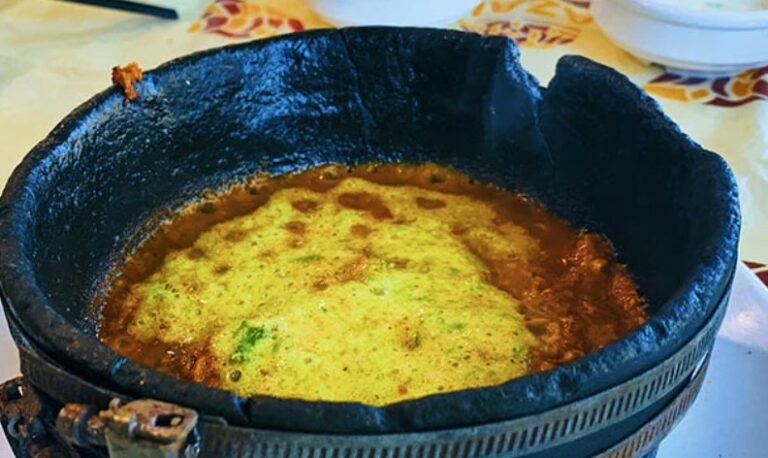Introduction: Yemen’s food culture
Yemen has a rich food culture stemming from its long history of trade and its unique geographic location at the crossroads of Africa, Asia, and the Middle East. Yemen’s cuisine is characterized by its use of spices, herbs, and fresh ingredients, as well as its traditional dishes and cooking methods. However, Yemen’s food culture is also influenced by its religious and cultural customs, which dictate certain food restrictions and dietary practices.
Common food restrictions in Yemen
One of the most common food restrictions in Yemen is the avoidance of pork. This is due to Islam’s prohibition of pork consumption, which is widely observed in Yemen. Additionally, many Yemenis avoid alcohol and other intoxicants, as they are considered haram (forbidden) by Islamic law. Yemenis also tend to avoid foods that are genetically modified or contain artificial additives, as they prioritize natural and wholesome ingredients in their cooking.
Religious dietary customs in Yemen
Islam plays a significant role in Yemen’s dietary customs, as the majority of Yemenis practice the Islamic faith. One of the most important religious customs in Yemen is fasting during the holy month of Ramadan, during which Muslims refrain from eating and drinking from dawn until sunset. Additionally, Yemenis often recite a prayer before eating, known as bismillah, to bless the meal and express gratitude to God.
Yemeni cuisine: Halal and Haram foods
Halal foods are those that are permissible for Muslims to consume according to Islamic law. In Yemen, halal foods include meat that has been slaughtered according to Islamic rituals, as well as fish and seafood. Haram foods, on the other hand, are forbidden for Muslims to consume, such as pork, alcohol, and blood. Yemenis take these dietary customs seriously and ensure that their food is halal before consuming it.
Traditional Yemeni dishes and ingredients
Yemen’s cuisine is diverse and reflects its regional and cultural influences. Some of the most popular dishes include fahsa, a meat stew served with bread and vegetables, and salta, a spicy soup made with meat and vegetables. Yemenis also enjoy drinking qishr, a hot drink made from coffee husks, and eating balah, a sweet made from honey and sesame seeds. Yemeni cuisine also features a variety of spices, such as cumin, cinnamon, and turmeric, which are used to add flavor to dishes.
Conclusion: Understanding Yemen’s food customs
Yemen’s food culture is steeped in tradition and influenced by its religious and cultural customs. While there are certain food restrictions and dietary practices in Yemen, its cuisine is diverse, flavorful, and reflective of its unique history and geography. By understanding Yemen’s food customs, visitors to the country can gain a deeper appreciation for its rich culture and culinary traditions.

